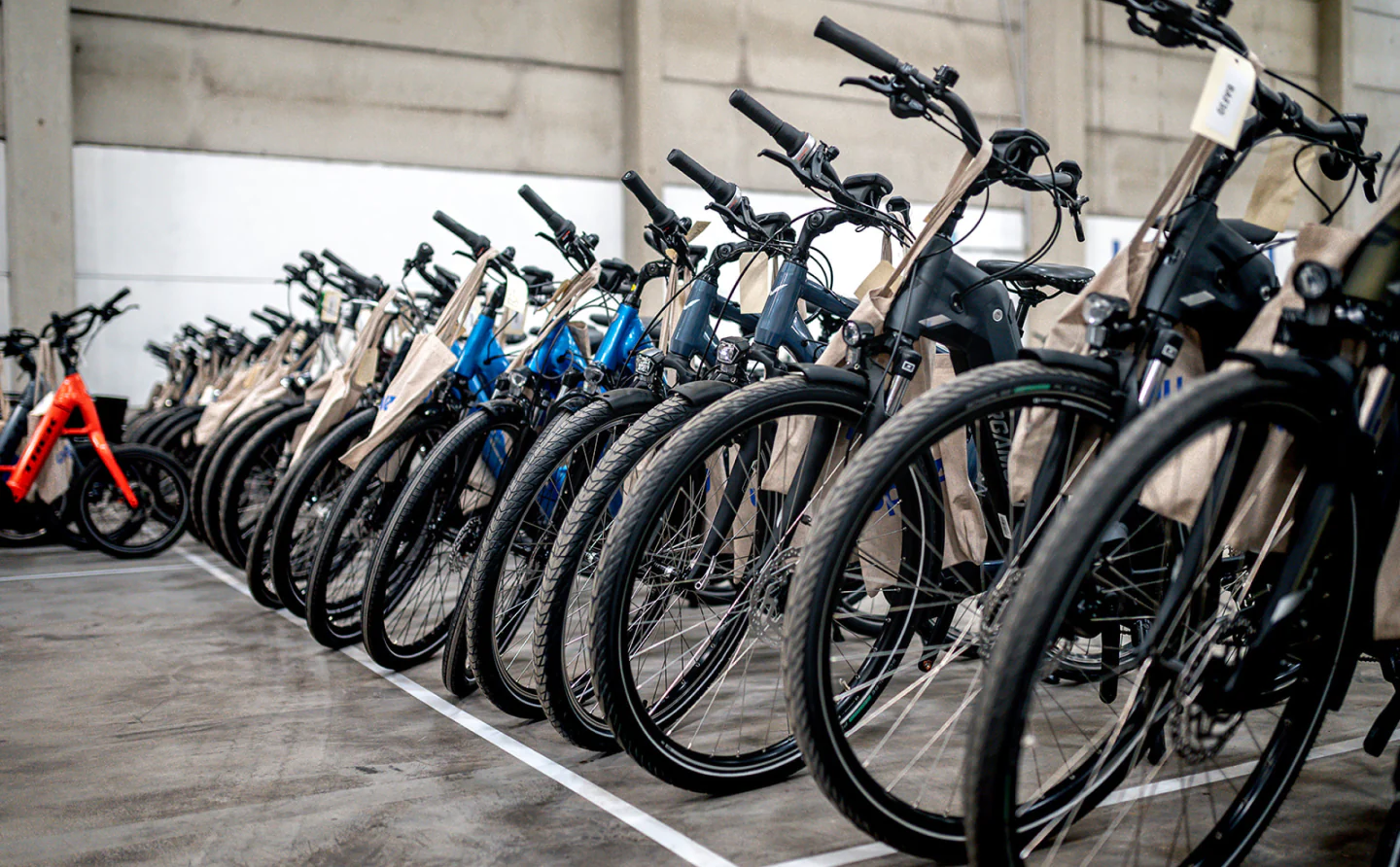Even after an annual increase in aid, developing countries are facing a huge shortfall in the money they need to adapt to the impacts of our overheating planet. The gap is estimated to be as high as over $300 billion.
What's happening?
According to the National Centers for Environmental Information, as of Nov. 1, there have been 24 confirmed weather/climate disaster events whose costs have surpassed $1 billion in the United States. It now appears likely that 2024 will break last year's record of 28 such events. Our country and others around the world are paying the price for a warming world that is exacerbating many extreme weather events.
A new report from the annual UN Environment Programme (UNEP) revealed that underdeveloped countries will come up very short when it comes to covering the costs of adapting to the impacts of an overheating planet. The shortfall comes even after a record funding of $28 billion from the developed world. Despite that aid, there will still be a gap of around $200 billion to $300 billion. The report stated the undeveloped countries need $359 billion a year.
"Climate change is already devastating communities across the world, particularly the most poor and vulnerable. Raging storms are flattening homes, wildfires are wiping out forests, and land degradation and drought are degrading landscapes," said Inger Andersen, UNEP executive director, in a statement per Reuters. "Without action, this is a preview of what our future holds and why there simply is no excuse for the world not to get serious about adaptation, now."
Why is the finance gap so important?
A UNEP report found the poor are disproportionately vulnerable to the effects of a warming world.
"While Africa has contributed negligibly to the changing climate, with just about two to three percent of global emissions, it stands out disproportionately as the most vulnerable region in the world," the report stated.
Watch now: Did you know your sauce packets could help save the planet?
According to the Intergovernmental Panel for Climate Change's Sixth Assessment Report, the highest 10% of income households release over 45% of heat-trapping gases, but those in the lowest 50% account for 15% at the most.
Underdeveloped countries are not only disproportionately vulnerable to the impacts of our overheating planet, but they are also disproportionately bearing the brunt of their costs.
What's being done about the shortfall in funding?
The UNEP's latest adaptation gap report is calling for nations to step up their aid and adopt stronger adaptation climate pledge components.
"Given the scale of the challenge, bridging the adaptation finance gap will also require innovative approaches to mobilize additional financial resources," read the UNEP report. "Strengthening enabling factors is crucial to unlock innovative adaptation finance. An investment in strategic and transformational adaptation that is harder to finance will also be needed."
TCD Picks » Upway Spotlight

As individuals, we can all help by donating to climate causes and organizations that assist underdeveloped countries.
Join our free newsletter for good news and useful tips, and don't miss this cool list of easy ways to help yourself while helping the planet.














